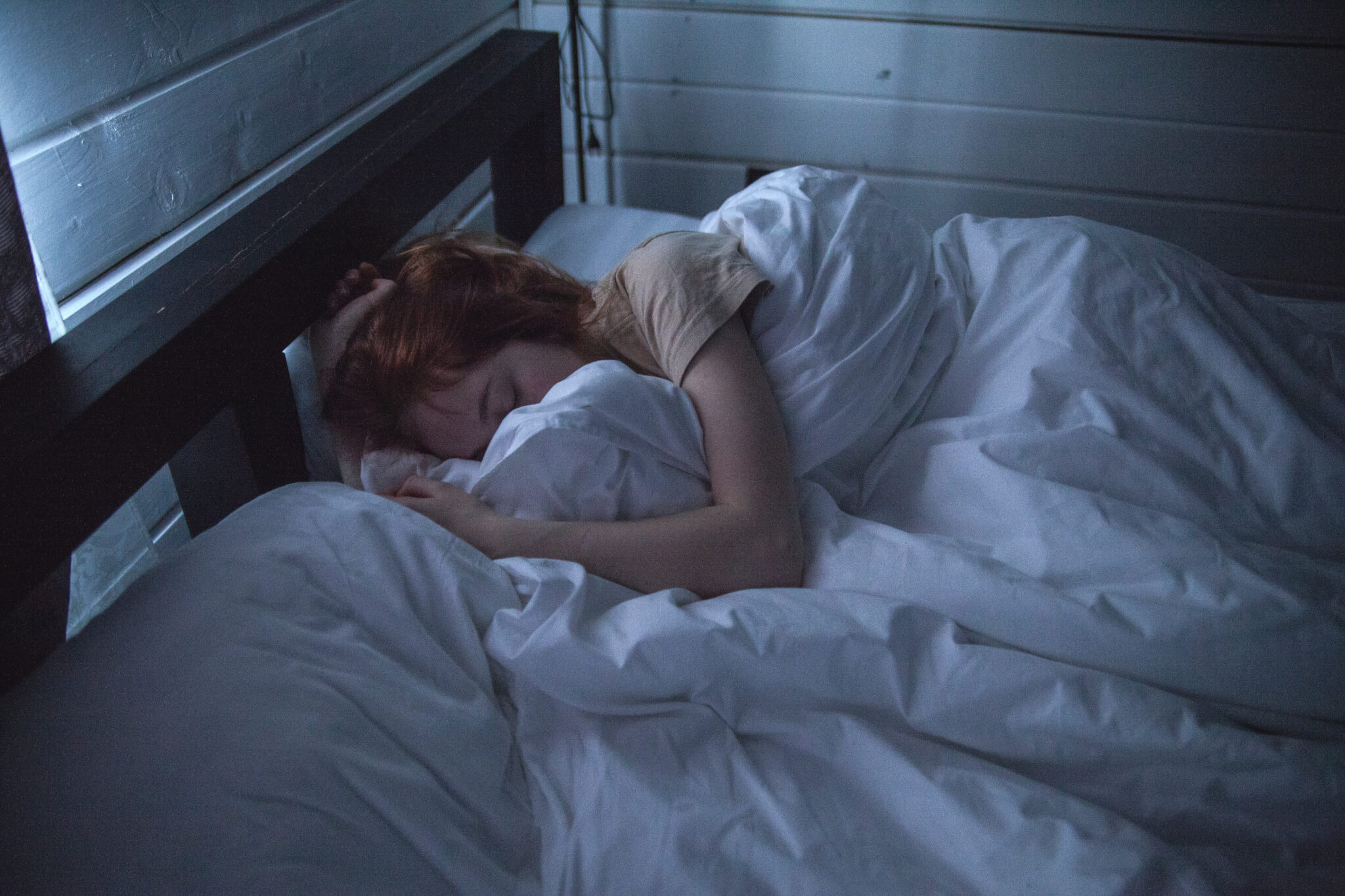UNIVERSITY PARK, Pa. — Countless people neglect sleep during the workweek with the expectation they’ll “make up for it” by sleeping in over the weekend. Fascinating new findings by a team at Penn State, however, are suggesting that no amount of catching up over the weekend can make up for lost sleep — at least when it comes to heart health.
Study authors explain that numerous cardiovascular health measures, including heart rate and blood pressure, tend to worsen over the course of the week when people get just five hours of sleep per night. Importantly, attempting to catch up on sleep over the weekend is ultimately insufficient when it comes to returning those measures to normal, the researchers report.
“Only 65% of adults in the U.S. regularly sleep the recommended seven hours per night, and there’s a lot of evidence suggesting that this lack of sleep is associated with cardiovascular disease in the long term,” says Anne-Marie Chang, associate professor of biobehavioral health and co-author of the work, in a university release. “Our research reveals a potential mechanism for this longitudinal relationship, where enough successive hits to your cardiovascular health while you’re young could make your heart more prone to cardiovascular disease in the future.”
Researchers recruited 15 healthy men between the ages of 20 and 35 to participate in this 11-day inpatient sleep study. During the first three nights, each person was allowed to sleep for up to 10 hours nightly in order to set up a baseline sleep level. Then, over the course of the next five nights, each person’s sleep was restricted to five hours per night, followed by two recovery nights, in which they were once again allowed to sleep up to 10 hours nightly. To assess the impact of sleep changes on cardiovascular health, the study authors measured everyone’s resting heart rates and blood pressure every two hours during the day.
Prof. Chang notes that this study was unique in the sense that it measured heart rate and blood pressure multiple times throughout the day for its entire duration, enabling researchers to account for any effects that time of day may be having on heart rate and blood pressure. For instance, heart rate is naturally lower when we wake up later in the day, so measuring heart rate multiple times throughout the day can account for this difference.

The research team, which included David Reichenberger, a graduate student in biobehavioral health at Penn State, discovered that heart rate increased nearly one beat per minute (BPM) with each successive day of the study. More specifically, the average baseline heart rate was 69 BPM, and the average heart rate by the end of the study on the second day of recovery was nearly 78 BPM. Systolic blood pressure also increased by roughly 0.5 millimeters of mercury (mmHg) daily. The average baseline systolic blood pressure, meanwhile, came in at 116 mmHg and was nearly 119.5 mmHg by the end of the recovery period.
“Both heart rate and systolic blood pressure increased with each successive day and did not return to baseline levels by the end of the recovery period,” Reichenberger explains. “So, despite having additional opportunity to rest, by the end of the weekend of the study, their cardiovascular systems still had not recovered.”
In conclusion, Prof. Chang adds that longer periods of sleep recovery may be needed to recover from multiple, consecutive nights of poor sleep.
“Sleep is a biological process, but it’s also a behavioral one and one that we often have a lot of control over,” Prof. Chang concludes. “Not only does sleep affect our cardiovascular health, but it also affects our weight, our mental health, our ability to focus and our ability to maintain healthy relationships with others, among many other things. As we learn more and more about the importance of sleep, and how it impacts everything in our lives, my hope is that it will become more of a focus for improving one’s health.”
The study is published in the journal Psychosomatic Medicine.
You might also be interested in:
- Napping regularly linked to higher risks for high blood pressure and stroke
- Best Ways To Improve Sleep: Top 5 Practices For Optimal Rest, According To Experts
- Hitting rock bottom: Americans get the least sleep at age 40

